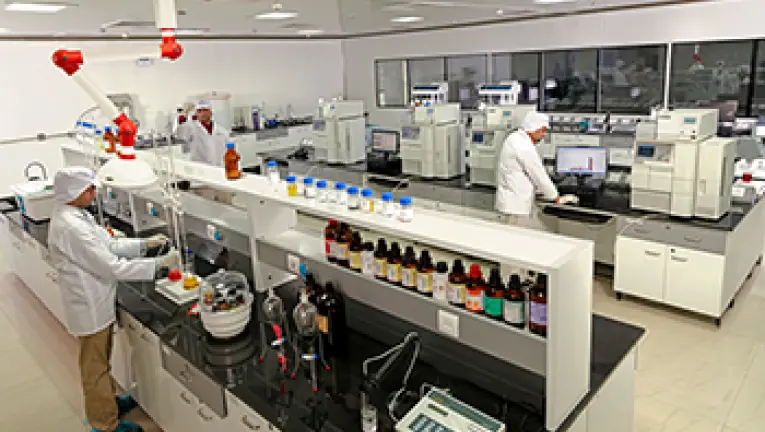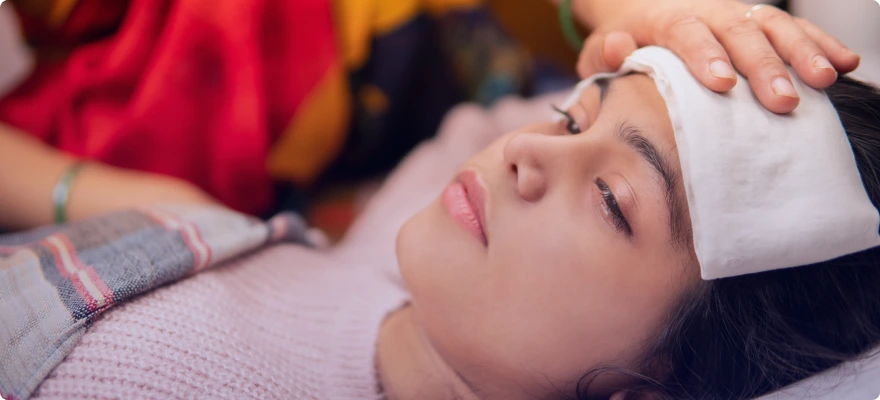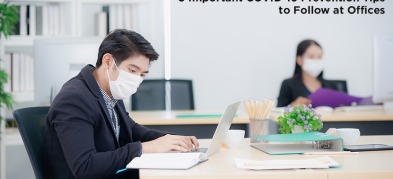Let’s Talk About Typhoid
Typhoid fever – caused by the Salmonella typhi bacteria — is an acute bacterial infection that usually spreads through the use of contaminated food and unclean water. Besides high fever, typhoid can also lead to loss of appetite, abdominal pain, nausea and headache.
Usually, a proper course of treatment can relieve the symptoms, ease body discomfort and resolve the condition entirely. However, it might result in life-threatening complications – if timely medical intervention is not provided.
What are the common symptoms?
Generally, it takes a week or two (after the infection) for symptoms to surface. Some of the more common ones include:
Pain in the stomach
High fever
Weakness
Fatigue
Rash
Significant loss in appetite
Prolonged bouts of headache
Diarrhea
Constipation (in some cases)
Confusion
How is typhoid diagnosed?
Upon entering the biliary system and the bowel’s lymphatic tissues, the Salmonella typhi bacteria multiply thick and fast. Most of the times typhoid can be diagnosed with the help of stool samples. If test results are not adequately conclusive, one’s urine and blood samples will then be considered for complete diagnosis.
How can typhoid be prevented?
- Watch what you drink
Avoid drinking water from any open source, be it a tap or a well
Avoid popsicles and ice-cubes, unless you are sure about the source of water
Use bottled water as much as possible
Boil non-bottled water before drinking
Hot coffee, tea and pasteurized milk are safe to drink
- Be careful of what you eat
Avoid food that is sold by vendors on the streets
Avoid raw produce, unless you can peel them
Abstain from eating raw fish or meat (as it can be a part of a country’s eating habits). Make sure that the food is cooked thoroughly and served hot
Stay away from salads made of raw ingredients
- Good hygiene is of paramount importance
Wash your hands properly before ingesting any food
Avoid coming in close contact with people who have already been infected











